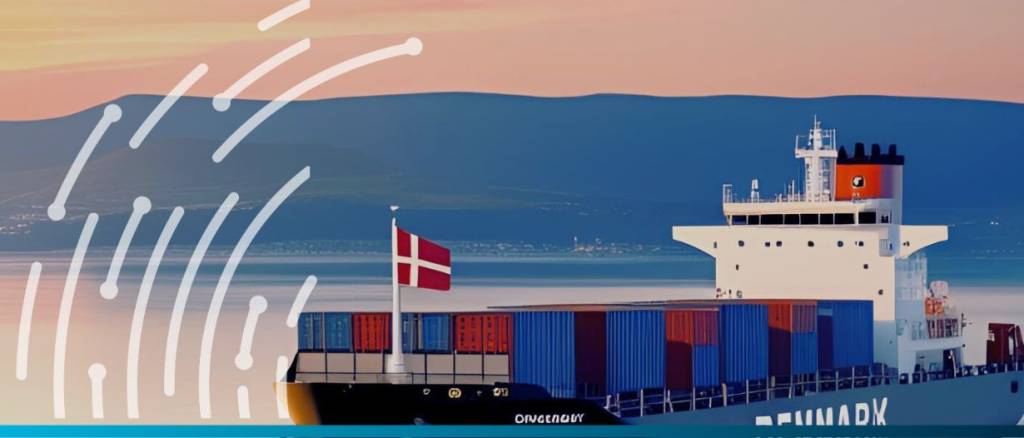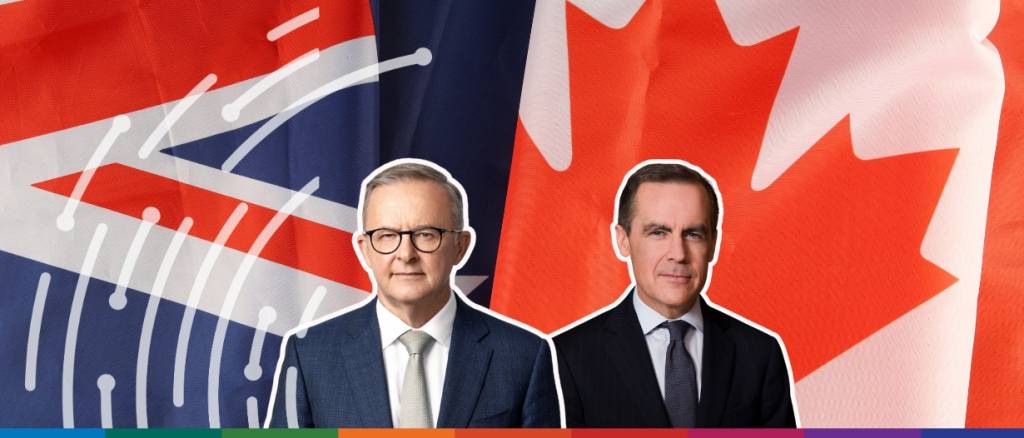The Digital Container Shipping Association (DCSA) announced that its framework, which allows eBLs to be exchanged seamlessly across different digital platforms, has become a commercial reality. “What began as an… read more →
Speaking at the US-Saudi Investment Forum in Riyadh, while acknowledging their purpose before the fall of Bashar al-Assad’s regime in December 2024, Trump described the sanctions as “brutal and crippling”.… read more →
As a customer, it looks like payments are becoming easier than ever. With a tap of a card or two clicks in an online store, our money can change hands… read more →
The discussion did not result in a concrete deal, but highlighted its eventual nature. The agreement will focus on the agriculture, technology, and manufacturing industries, cutting tariffs from 27.5% to… read more →
The plan, which will be presented to the Danish Parliament in October of this year, will establish a state-backed insurance plan that will protect the country’s shipping industry from geopolitical… read more →
India, the world’s fifth-largest economy, seeks to expand bilateral trade with the UK, the world’s sixth-largest, by a further $34 billion by 2040. The agreement, announced yesterday by Business and… read more →
It’s been a crucial but relatively stable week in the world of general elections, against the growing tide of anti-incumbency which dominated and almost defined 2024. On Monday, 28 April,… read more →
Both India and Bangladesh face exceedingly high tariffs from the US – 27% and 37%, respectively – which led some to hope the South Asian giants would band together and… read more →
In its first report since Trump’s broad-ranging tariffs came into effect, the WTO revised its estimates of global trade volumes, forecasting they would fall by 0.2% in 2025 and pick… read more →
With more details being released by the US and some countries already releasing significant retaliatory tariffs, a clearer picture is emerging – one of a global economy which will be,… read more →
























